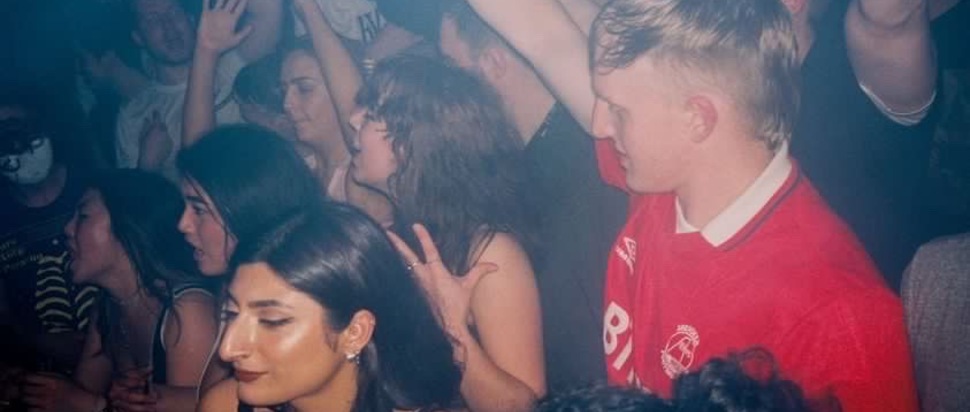Putting a Price on Fun: Clubs & the cost of living
Clubs, promoters, and artists have been struggling in light of the recent cost of living crisis. We chat to Palidrone and PLANT BASS’D to understand ways in which they’re trying to adapt to rising costs
The current cost of living crisis, preceded by even greater governmental incompetence during the 2020 pandemic, has left underground enthusiasts unsure whether their local and national music scenes can accommodate nightclubs in the future. This problem is not unique to the United Kingdom – throughout Europe and the US similar questions have been raised over whether club music is in some way endangered, eventually facing extinction.
Surface-level analysis of the UK night-time economy’s post-lockdown state assumed that more people would actively seek out spaces like nightclubs, bars and pubs. However, it’s becoming increasingly clear that this isn’t the case. A direct effect of the cost of living crisis is that people are unable to spend as much income on club nights. Recent research from the Night Time Industry Association shows the change in spending patterns: "The Night Time Economy saw a drop in consumer spending from £116.1bn in 2019 to £77.2bn in 2020. This is a fall of £38.9bn (NTIA, 2023)."
With the UK’s current inflation rate at 10%, the cost of running club nights has dramatically increased. The NTIA reports that 255 nightclubs have closed since 2020. Ultimately, nightclubs are at a greater risk of closure now in 2023 than during the peak of lockdown. This shocking statistic translates into the smaller lineups seen in some of the biggest clubs in the UK with smaller fees for local DJs.
The impact of lower revenue for clubs has been seen close to home – last October, Glasgow’s queer co-op club and venue Bonjour had to crowdfund due to spiralling costs from outstanding rent. Bonjour successfully secured the funds it required to remain open – thankfully the potential loss of an important LGBTQ+ venue within Scotland was avoided. Other attempts to ensure new promoters are entering the music industry have led the online music magazine, Resident Advisor, to launch MAKE SPACE, a development programme for the next wave of promoters. Consisting of mentorship and masterclasses aiming to provide the necessary tools for small club nights to facilitate their success, this is the first scheme of its kind, teaming up with renowned UK clubs including Wire (Leeds), Soup Kitchen (Manchester), Corsica Studios (London), and Love Inn (Bristol).
Outside of nightclub closures, the cost of living crisis is impacting promoters. Small grassroots promoters are the beating heart of a healthy local scene; rising costs have a knock-on impact on DJ fees, travel and accommodation for artists. We talk to Edinburgh-based promoter and label Palidrone, with an impressive archive of events including Teki Latex, DjRUM, DJ Stingray, SPFDJ & VTSS. They say: "Honestly, the biggest one for me is to always outline your travel and accommodation budget when making offers (similar to a landed deal) – it makes sure that you’re protected against rising costs and encourages artists’ teams to arrange this early and not leave it until the last minute (we’ll sort it within our budget or the agent will). Travel/hotels are often the difference between making money and losing money, especially when you’re putting on shows in smaller capacity clubs, so making sure you don’t blow your budget on it unnecessarily is essential."
Other options which promoters are trying out include pushing avant-garde and more experimental artists. Edinburgh and Glasgow-based PLANT BASS’D has operated multiple cross-city events since the end of the lockdown. Oisin, the founder of the club night, describes his approach to combating stagnating crowds and low turnout club nights: "I’ve felt the need to expand on the lineups I put together, be it with double headliners, stage production, artwork, etc. We need people to come. I fear that the current situation is putting promoters in the dangerous position of taking too much risk to make our events attractive enough for punters to commit, but it’s too early to know and we all seem to be getting by for now. If you can, I think you need to just keep taking the risks. They've always been there. See how you go."
Although the outlook for the UK during this difficult time is slightly bleak, there seems to be hope for underground music thriving within clubs. Cherish and support them – without clubs as an outlet for creativity and social interaction, underground music labels and artists will struggle to thrive.
